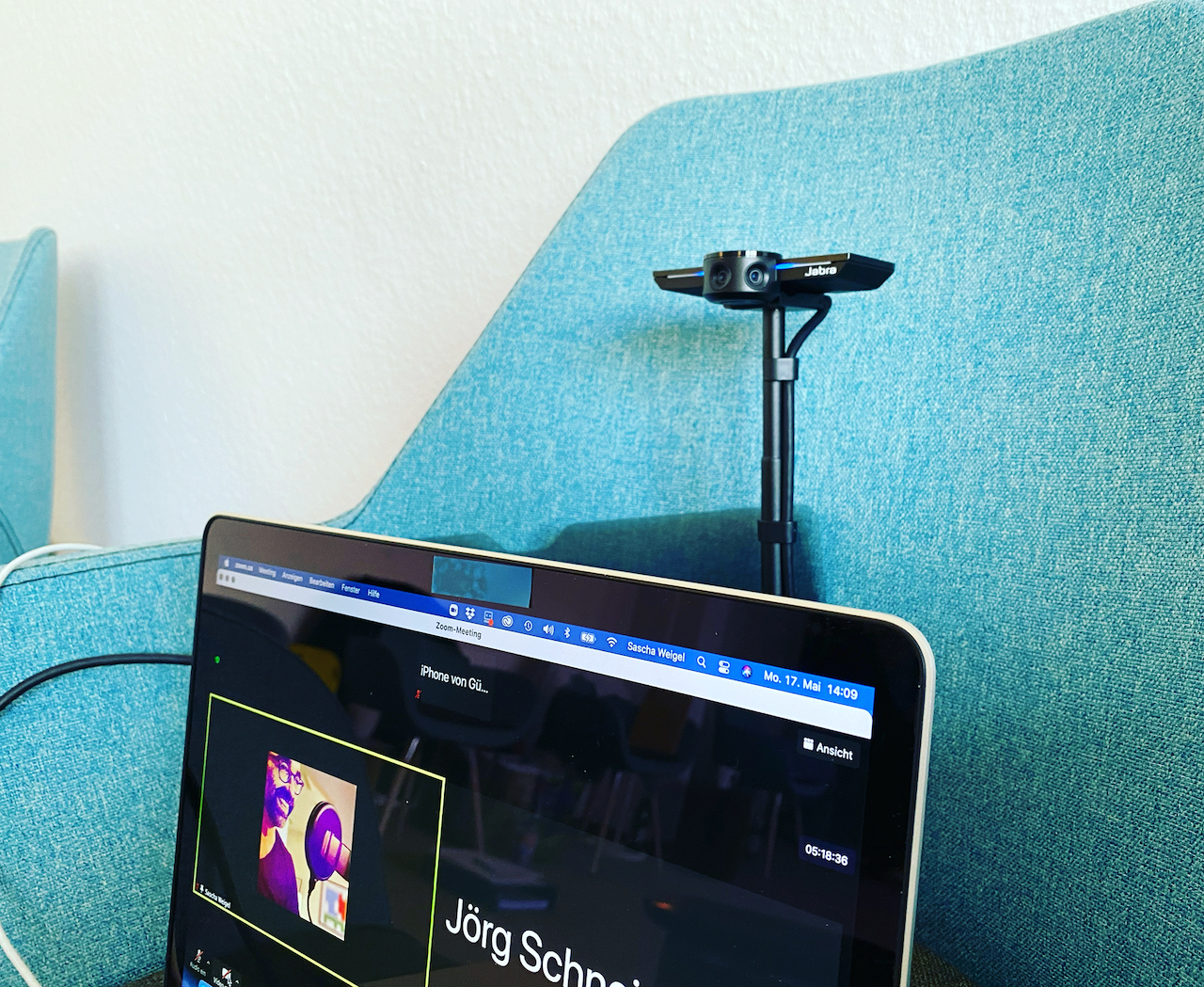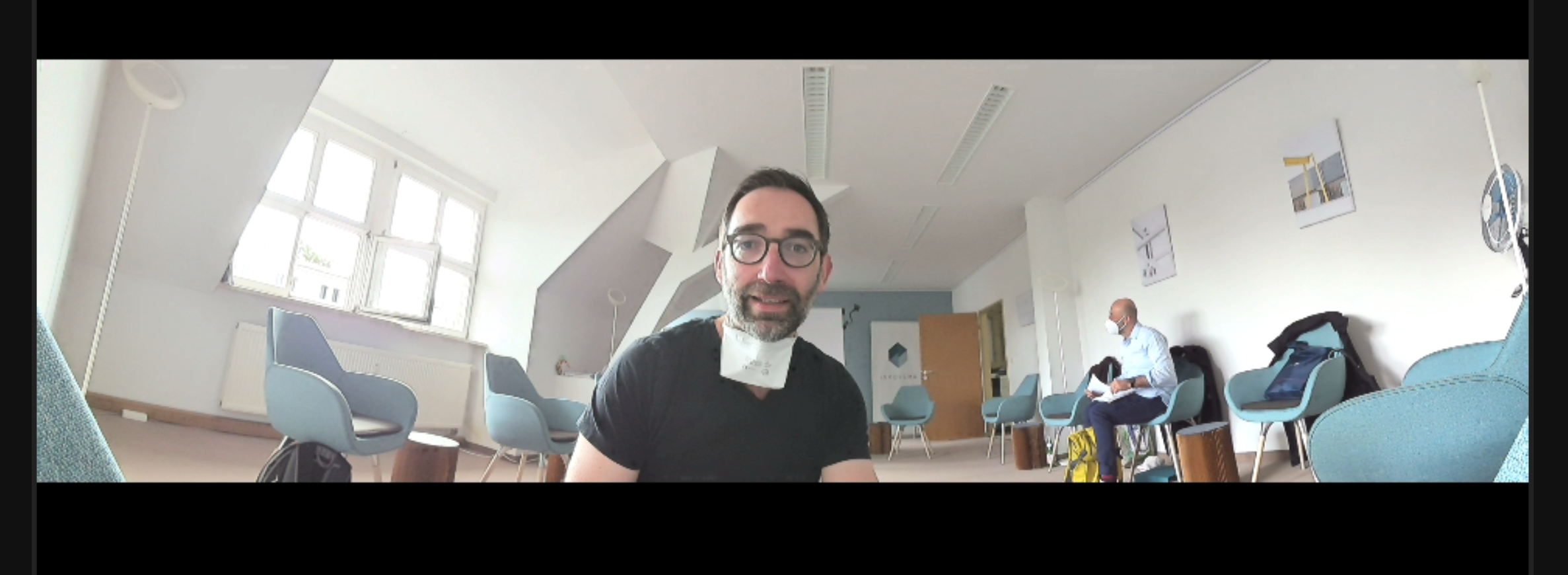TRAINING COACHING
Better advice without better knowledge
Training location Leipzig
Start March 2026
OBJECTIVES OF THE TRAINING IN COACHING
Our goals
- They can provide effective support without saving.
- You can confront clearly without being persecutory.
- They can provide the perspectives of third parties and organisations in an advisory capacity.
- You can also handle complex, tricky counselling and coaching requests and carry them out professionally.
- You can translate a stable counselling attitude into professional coaching processes
- You understand yourself better – and therefore others too.
We set priorities – right from the start.
The training programme starts in February 2025.
February 2025
22 days in total
Module 1: 24-26. 02. 2025
Module 2: 07. – 08. 04. 2025
Module 3: 26 – 27. 05. 2025
Module 4: 25 – 26. 08. 2025
Module 5: 22 – 23. 09. 2025
Module 6: 03. – 04. 11. 2025
Module 7: 15 – 16. 12. 2025
Module 8: 26 – 27. 01. 2026
Module 9: 23 – 24. 02. 2026
Module 10: 30. 03. – 01. 04. 2026
March 2026
22 days in total
Module 1: 02-04. 03. 2026
Module 2: 23-24 March 2026
Module 3: 18-19 May 2026
Module 4: 15-16 June 2026
Module 5: 07-08. 09. 2026
Module 6: 05-06. 10. 2026
Module 7: 09-10. 11. 2026
Module 8: 11-12. 01. 2027
Module 9: 15-16. 02. 2027
Module 10: 15-17 March 2027
INFORMATION AND CONDITIONS
TRAINING COACHING
(Click on the + to open the menu)
WHAT YOU CAN EXPECT
Didactic training concept
- They are trained on the basis of our didactically well thought-out and digitally unique training and further education concept.
- Right from the start, we train you to think about the organisation's perspective and act accordingly.
- You benefit from our extensive and high-quality practical experience in complex organisational contexts.
- You will receive our legendary Index cards Elements of mediation for coaching and counselling as well as access to our digital online formats (course letters, podcasts, www.elemente-der-mediation.de).
- Varied methods, self-reflective units and Intensive training in dialogue management, systemic and transactional analysis tools - taking into account their theoretical basis.
- Methodologies: Impulse lectures on theories and concepts (also by the participants); practical exercises in small groups, pair and individual work; discussions in the auditorium; supervision of case studies, live coaching exercises; collegial case counselling; role plays and empathy exercises
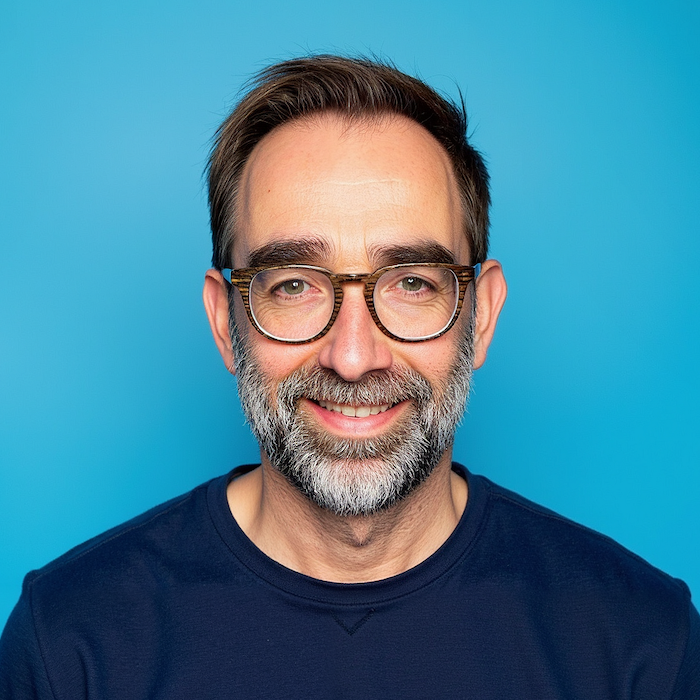
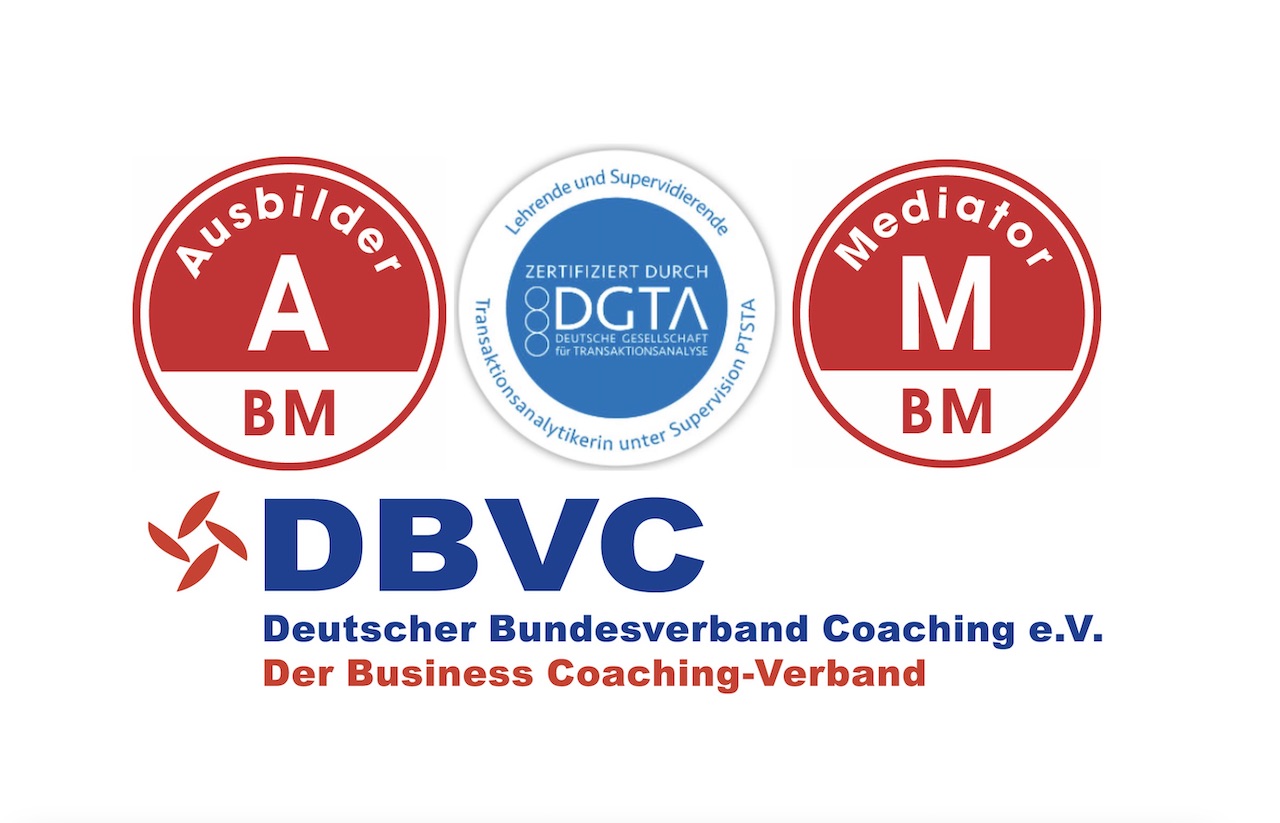
Your trainer Prof Dr Sascha Weigel
Prof Dr Sascha Weigel, conflict consultant, mediator and trainer of the Federal Association for Mediation (BM) as well as teaching transactional analyst under supervision (PTSTA-O, EATA/DGTA), Senior Coach DBVC
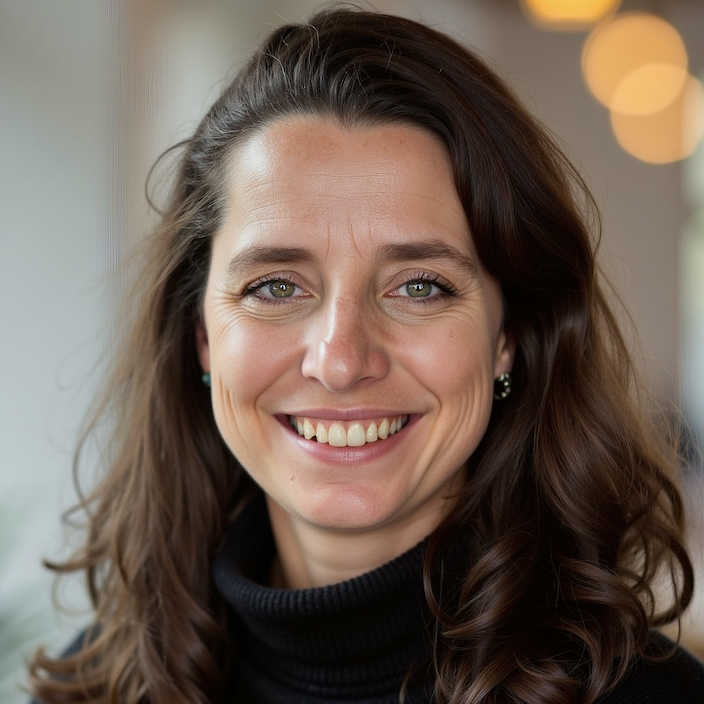
Angelika Wendt
Angelika Wendt, systemic consultant, organisational consultant and certified mediator
COACHING TRAINING MODULES
(Click on the + to open the menu)
VOTES FROM PARTICIPANTS
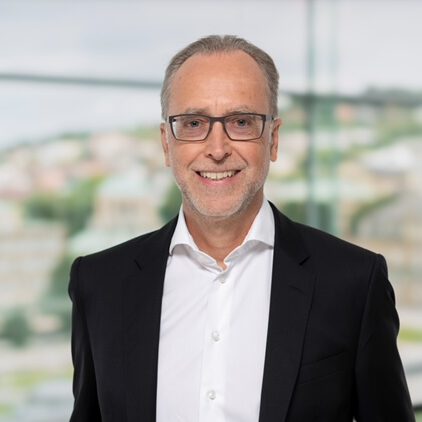
DR. JÖRG SCHNEIDER-BRODTMANN LL.M. (Viadrina), lawyer and business mediator at Menold Bezler Rechtsanwälte Steuerberater Wirtschaftsprüfer Partnerschaft mbB in Stuttgart
DR. JÖRG SCHNEIDER-BRODTMANN, LL.M. (Viadrina), lawyer and business mediator at Menold Bezler Rechtsanwälte Steuerberater Wirtschaftsprüfer Partnerschaft mbB in Stuttgart, coaching and counselling training 2021-2023
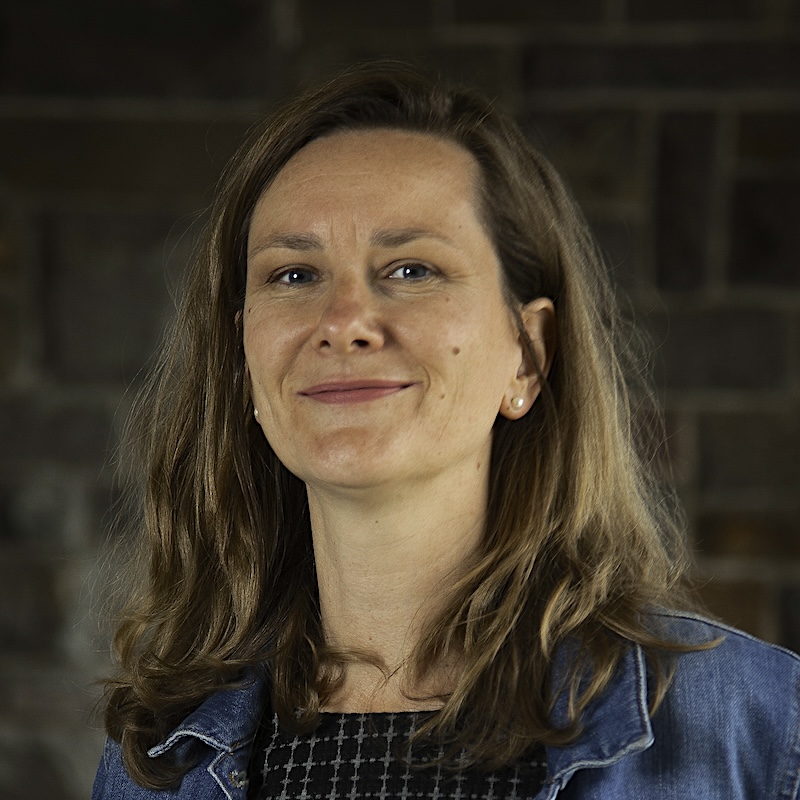
DR. JUDITH WILL, DEPARTMENT OF JUSTICE, FHS ERFURT, coaching and counselling training 2022-2024
...the large proportion of self-reflection phases has given me a deep insight into my personality, my scripting experiences and my attitudes made possible. Thanks to the training, I now have a different view of interpersonal interaction, can better classify behaviour and actions in both professional and private contexts and am in a better position to do so, Self-confident, transparent and goal-orientated to communicate.
The training was very beneficial for my profession as a lawyer, as conflicts of interest and interpersonal conflicts are often the starting point for legal disputes. The legal dispute, in turn, often does not resolve the conflicts. The concepts of transactional analysis enable me to recognise and understand conflicts and prevent legal disputes.
DR. JUDITH WILL, DEPARTMENT OF JUSTICE, FHS ERFURT, coaching and counselling training 2022-2024
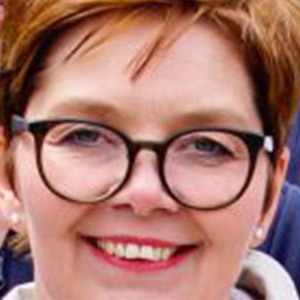
ANJA BENKE, PERSONAL AND ORGANISATIONAL CONSULTANT, mediation training and further training 2019
After an initial mistake at another training institute, I was impressed by you from the very beginning. totally enthusiastic ...you have created a great education...and with an ideal group, personalities from different industries, age groups, professions...in short: a perfect learning environment. I am a real fan and would recommend the training programme to others at any time.
ANJA BENKE, PERSONAL AND ORGANISATIONAL CONSULTANT, mediation training and further training 2019
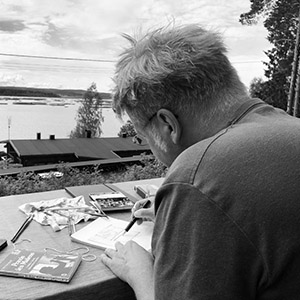
BERNWARD PAULICK, ARCHITECT, mediation training and further training 2019/2020
One of your strengths is that you dealt with concerns very personally and directlyI feel prepared for such conversations, internally strengthened. That's really great!
BERNWARD PAULICK, ARCHITECT, mediation training and further training 2019/2020
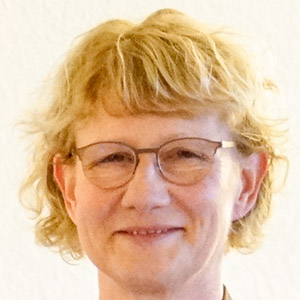
DR. UTA BOCK, Head of Human Resources, FSU Jena, Mediation Training 2019
What training can achieve can be found here at INKOVEMA. I learnt many new methods and was able to try them out straight away and then integrate them into my work practice.
DR. UTA BOCK, Head of Human Resources, FSU Jena, Mediation Training 2019

Dr Stefanie Buchmann, Head of the Legal Department, Friedrich Schiller University Jena, mediation training 2019
The training you offer with INKOVEMA is very demanding, very appealing and rhetorically so pleasant and so well-founded in terms of content
Dr Stefanie Buchmann, Head of the Legal Department, Friedrich Schiller University Jena, mediation training 2019
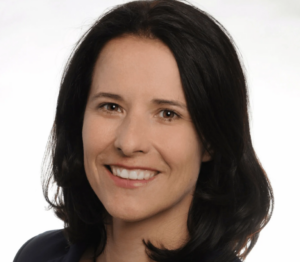
DR. KATHRIN CARL, coach and mediator, further training in organisational mediation 2021
You have created an exciting and varied training programme: comprehensive knowledge transfer, enriched by numerous practical examples with plenty of time to try things out, practise and exchange ideas in a great group - I am very happy with that. well prepared for my own counselling and mediation work.
DR. KATHRIN CARL, coach and mediator, further training in organisational mediation 2021

Dr SVEN SCHRÖDER, Head of Department Functional Surfaces and Coatings, Fraunhofer IOF, Jena 2020
Working with Mr Weigel helped me a lot during a challenging start-up phase and had a lasting impact on me and my work. His calm manner, extraordinary professionalism and in-depth expertise as well as his profound understanding of the special challenges of our business model were a valuable support for me. Our meetings were exhausting, but always pleasant. I also particularly appreciate the flexible adaptation of our topics, for example to current issues of collaboration in distributed teams.
I can recommend coaching with Mr Weigel without reservation.
Dr SVEN SCHRÖDER, Head of Department Functional Surfaces and Coatings, Fraunhofer IOF, Jena 2020
Frequently asked questions about coaching training
Who is the coaching training programme suitable for?
Our coaching training is ideal for managers, HR professionals and independent consultants and trainers who want to expand their skills in employee development and leadership – and of course their coaching competences. The training emphasises communication and conflict resolution skills, counselling skills for the world of work and business as well as social appreciation in a differentiated society in order to meet the increasing demand for coaching managers and effectively support employees.
How much time do I need to reckon with?
The training comprises 10 modules, with the first and tenth modules taking 3 days and all others 2 days. The duration of the programme is extended to approx. 15 months. In addition, we recommend that you meet in peer groups during the training programme and already coach (professionally) in order to receive supervision, which requires additional time. In principle, two documented coaching cases are required for certification, for which approximately three sessions of two hours each should be scheduled per case.
How many participants are there apart from me?
The number of participants is usually between 6 and 12 people. A maximum of 15 people are supervised by two trainers.
Is it possible to complete the training online?
In justified exceptional cases, we offer participation in individual days or modules online via Zoom and professional technology. This means you won't miss a thing, even if you can't be there in person.
What happens if I cannot take part in a module?
If you miss a module, you will still be charged for it. However, you have the opportunity to make up the module in another group free of charge. This can be done in the following year, for example.
What certification does the training programme have?
After completing the training, you will receive a certificate from the Institute for Conflict and Negotiation Management (INKOVEMA), which documents your coaching and counselling skills. The training hours are recognised by the DGTA/EATA and thus for your TA training and can sometimes be credited for mediation training in accordance with the guidelines of the federal associations. Sascha Weigel is a Teaching Transactional Analyst under Supervision (PTSTA-O) and a Licensed Trainer in Mediation (BM).
What entry requirements do I need to fulfil?
To take part in the coaching training programme, you must have completed vocational training, have a degree or have relevant professional experience. You should also be at least 21 years old. A personal preliminary interview with the head of the training programme and institute is also required, which can also be conducted by (video) telephone.

